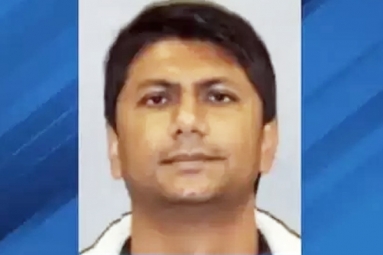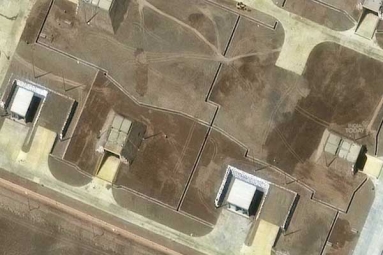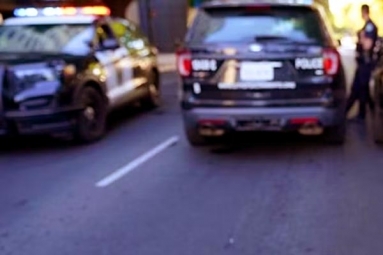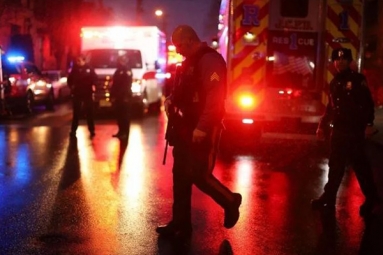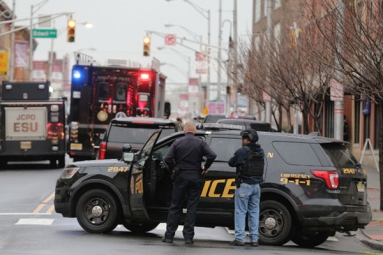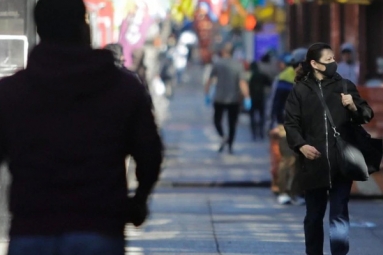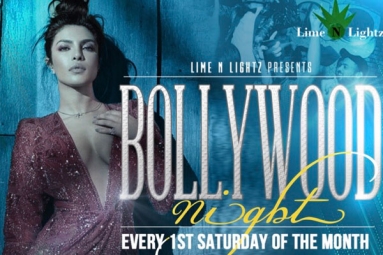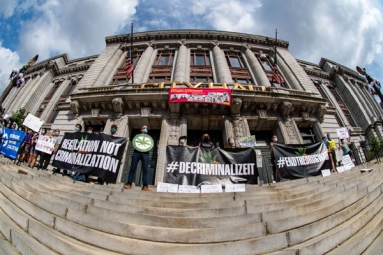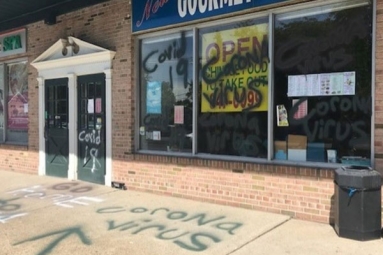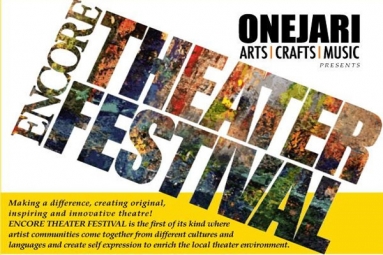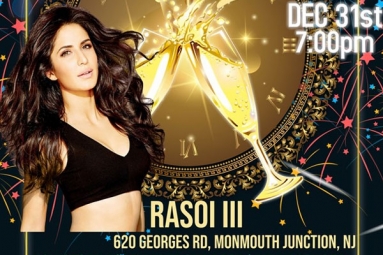Ambedkar Avenue - A Short Stretch of Road in New Jersey Predominantly Put down Roots by ‘Dalit Americans’
April 20, 2019 11:27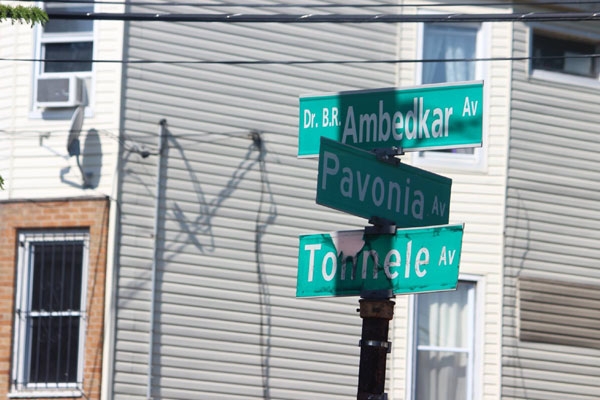
(Image source from: Dr. BR Ambedkar's Caravan)
For those residing in New Jersey, you would have come across ‘Ambedkar Avenue’ and for Americans, it would be unfamiliar. The avenue named after civil rights hero is almost a pilgrimage spot and a short stretch of road in the “Little India” section of Jersey City.
B.R. Ambedkar, popularly known as Babasaheb Ambedkar, led one of the greatest civil rights movements in human history, working to establish basic rights for hundreds of millions of people, known as Dalits.
Dalits is a term mostly used for the ethnic groups in India that have been kept depressed by subjecting them to untouchability.
In addition, Ambedkar was also a hero in the movement for Indian independence from Britain and fought just as hard for the rights of women and the impoverished.
Ambedkar was the primary author of the modern Indian constitution, adopted in 1950, which enshrined fundamental human rights for all and made caste discrimination illegal.
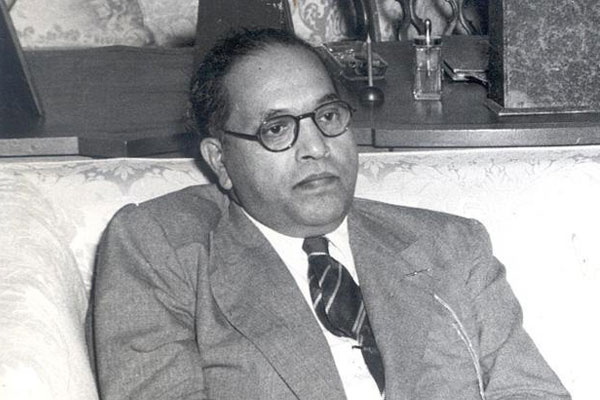 (Image source from: Livemint)
(Image source from: Livemint)
Despite the law, and modern Hindu efforts to reimagine the ancient varna system that kept the Dalits underfoot, caste prejudice has persisted not just in India, but among the Indian diaspora in the United States too.
Thenmozhi Soundararajan, a Dalit American herself was quoted saying to media: “I was one of the first Dalits that was ‘out’ in the country, and I faced an incredible amount of discrimination; I faced rape threats; I faced death threats.”
Thenmozhi Soundararajan is the executive director of Equality Labs, a Dalit research organization based in New Jersey.
She said the situation is bad enough that a lot of American Dalits try to keep their caste status in the closet, often by not sharing their family name, which provides other Indians information on their caste background.
“I was one of the first Dalits that was ‘out’ in the country, and I faced an incredible amount of discrimination; I faced rape threats; I faced death threats.” In spite of that, Soundarajaran said she’s optimistic about the next generation of American Dalits, based on the response to the Equality Labs survey. More are “coming out of the closet,” she said, and she looks back to Ambedkar Avenue as one of the first literal signs that American Dalits were asserting their identity.
“When the street was established, there were not very many [Dalits] that were out … what was so special about it was that only someone who’s [from an] oppressed caste would go through the effort to try to file to get a street in after Ambedkar. But they did it, and I think it's this very special, secret knowledge of oppressed people that someone lifted up into the American consciousness.
“I’ve taken so many Indians who come to visit New York, they’ll go to Columbia to see the Ambedkar statue, and they’ll go to the street to see that he’s part of the natural fabric of the city. So that, to me, is amazing,” she added.
Ambedkar lived for a time in New York and got an economics degree from Columbia in 1927. A statue was even set up in the campus in his honor. He is also part of the fabric of the American civil rights movement.
By Sowmya Sangam



